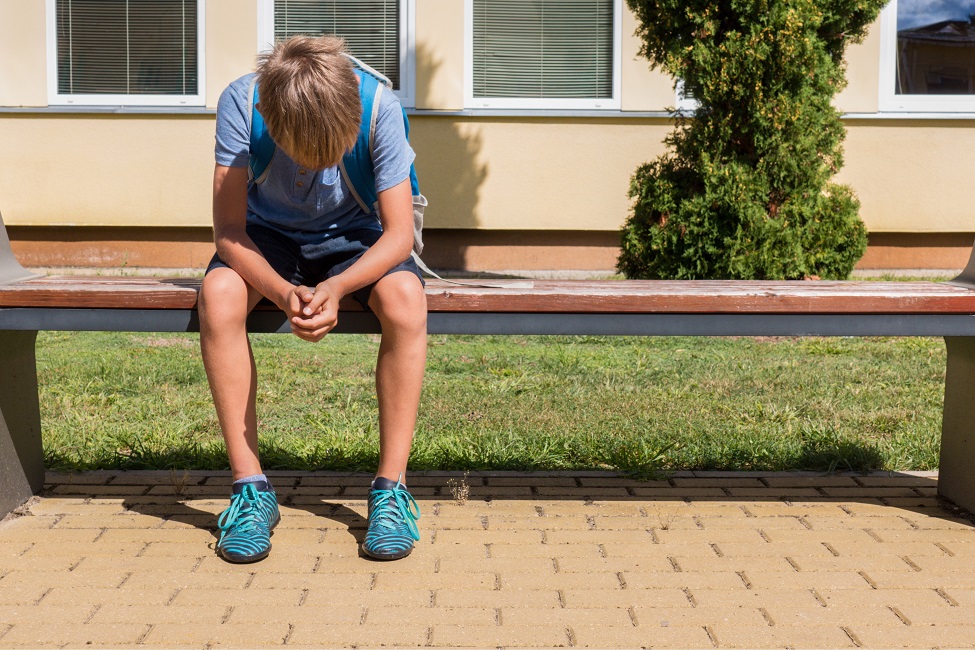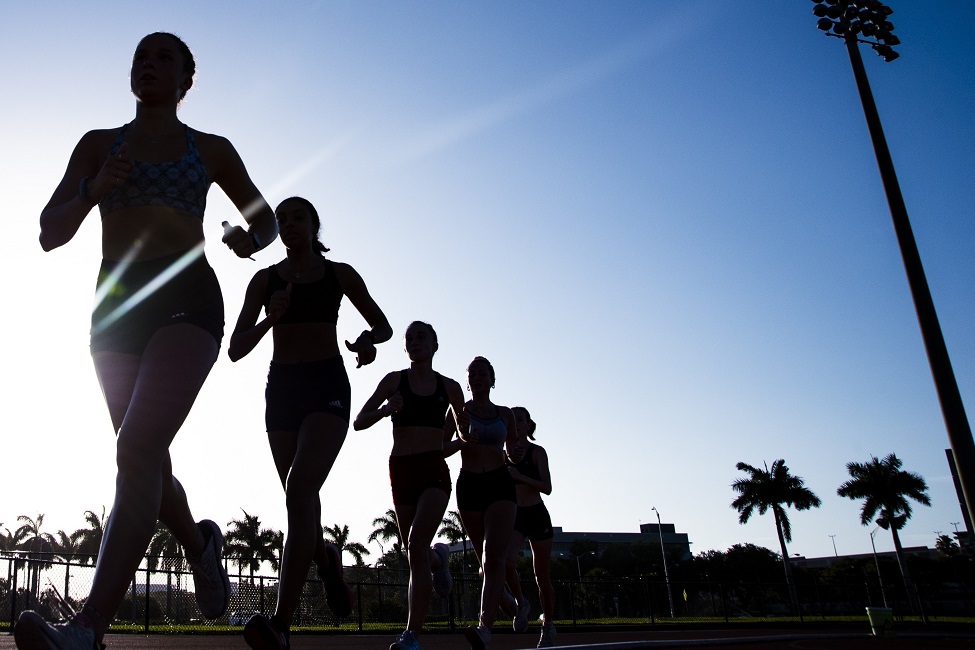FAU Study: Perils of Not Being Attractive or Athletic in Middle School

Findings show the peer group punishes those who do not have highly valued traits such as being good-looking or being good at sports.
Despite the many changes in school culture since the 1960s, a new study reveals that some things never change: life is harder for middle school students who are not attractive and for those who are not athletic.
As children head back to school, the first-of-its-kind longitudinal study by Florida Atlantic University helps to explain why adolescents who lack traits valued by peers are at risk for adjustment difficulties.
Results, published in the Journal of Youth and Adolescence , show that low attractive youth and low athletic youth became increasingly unpopular over the course of a school year, leading to subsequent increases in their loneliness and alcohol misuse. Put simply, the peer group punishes those who do not have highly valued traits such as being good-looking or being good at sports.
The study put to rest stereotypes about sex differences in traits important for success with peers. For decades, it was assumed that not being athletic was particularly problematic for boys and that not being attractive was particularly problematic for girls.
The findings reveal a transformation in adolescent social culture such that the social penalties attached to being low in attractiveness or low in athleticism are no longer gender specific. Boys and girls did not differ in the extent to which unpopularity and adjustment problems flowed from low attractiveness and low athleticism. As their unpopularity grows, so do their problems.
“Children who lack the traits valued by their peers suffer from a host of adjustment difficulties, many of which stem from their deteriorating stature in the group,” said Brett Laursen, Ph.D., senior author and a professor of psychology in FAU’s Charles E. Schmidt College of Science. “Children who are not attractive and children who are not athletic become increasingly unpopular. Growing marginalization, in turn, precipitates loneliness and alcohol misuse. Growing unpopularity is the key to understanding why the unattractive and the unathletic develop behavior problems. Of those who began drinking to intoxication during the course of the school year, almost two-thirds were above average in unpopularity.”
The dangers attached to stigmatized traits were comparable for boys and girls.
“Children who are not attractive and children who are not athletic become increasingly unpopular over time, suggesting that they must endure the indignities of powerlessness to remain attached to the peer group, a position that eventually takes a toll on individual well-being,” said Mary Page James, first author and a Ph.D. student in FAU’s Department of Psychology. “Being unattractive harms the popularity of boys as much as it does that of girls, and being unathletic is an important contributor to low popularity among girls, just as it is among boys. Despite widespread public messages about body acceptance, the adolescent social world is often still quite unforgiving.”
The study included 580 middle school students who ranged in age from 10 to 13. Participants were asked to identify classmates who best fit the following descriptors: athletic (“good at sports”), attractive (“really good-looking”), and unpopular (“unpopular”). They also described how often they felt lonely and how often they drank alcohol to the point of intoxication during the past month.
Replication is a strength of the study. The same pattern of associations emerged in a heterogeneous sample of youth from a large metropolitan area in Florida and from a homogeneous sample of youth from a small community in Lithuania.
Laursen, James and study co-authors offer several strategies to help children who lack these peer-valued traits:
- For teachers, consider altering classroom norms. It may be difficult to devalue physical appearance or athletic prowess given their prevalence in popular culture, but it may be possible to boost tolerance for those who are different or to emphasize the merits of other traits. A positive classroom climate also can buffer against loneliness for at-risk youth.
- Finally, parents should provide opportunities for children to establish and maintain close friendships with well-adjusted agemates, because friends can mitigate against loneliness.
Study co-authors are Sharon Faur, a Ph.D. student in FAU’s Department of Psychology; and Goda Kaniušonytė, Ph.D., a researcher; and Rita Žukauskienė, Ph.D., a professor of psychology, both with Mykolas Romeris University in Vilnius, Lithuania.
This project was supported by grants from the United States National Institute of Child Health and Human Development (HD096457) and the European Social Fund (project No. 09.3.3-LMT-K-712-17-0009) under grant agreement with the Research Council of Lithuania.

Findings reveal a transformation in adolescent social culture. The dangers of stigmatized traits of not being attractive or athletic are no longer gender specific. (Photo credit: Alex Dolce, Florida Atlantic University)
-FAU-
Latest Research
- FAU's Queen Conch Lab Receives Prestigious International AwardFAU Harbor Branch researchers have received the 2025 Responsible Seafood Innovation Award in Aquaculture from the Global Seafood Alliance for its Queen Conch Lab's pioneering work in sustainable aquaculture.
- After Cancer: Study Explores Caring-Healing Modalities for SurvivorsResearch from FAU's Christine E. Lynn College of Nursing highlights how caring-healing methods like mindfulness can ease distress and build resilience in cancer survivors.
- FAU Researchers 'Zoom' in for an Ultra-Magnified Peek at Shark SkinWhat gives shark skin its toughness and sleek glide? Tiny, tooth-like denticles. Researchers used electron microscopy to reveal how these structures shift with age, sex, and function in bonnethead sharks.
- FAU Lands $3M Federal Grant to Prevent Substance Use in At-risk Youth"Rising Strong" will support more than 3,000 South Florida youth with trauma-informed, evidence-based prevention, empowering vulnerable populations to build resilience and choose substance-free futures.
- FAU Research: Logistics Expansion Slows as Transportation Prices DropThe Logistics Managers' Index had the lowest overall reading since March as the supply chain reacts to economic uncertainty, according to researchers from Florida Atlantic University and four other schools.
- World's First Bench-to-Bedside MRI, Focused Ultrasound System UnveiledThe newly expanded FAU NeuroInnovate Center is the first in the world to integrate advanced MRI and focused ultrasound technologies into a single, unified platform for both preclinical and clinical research.






